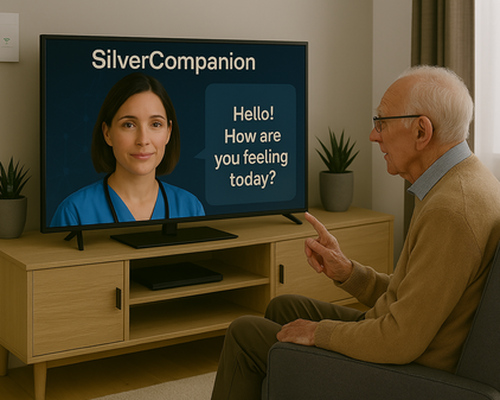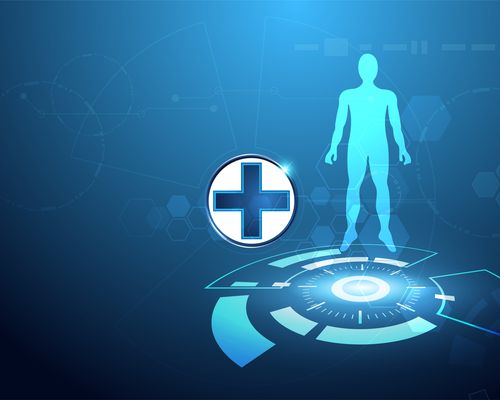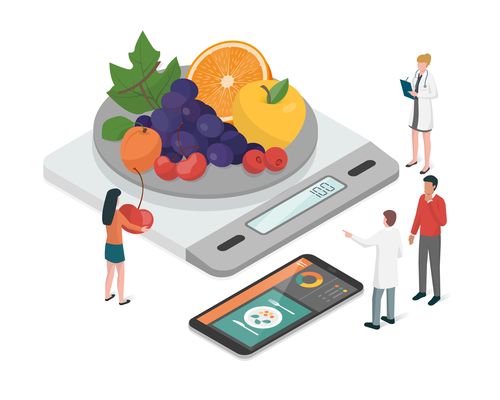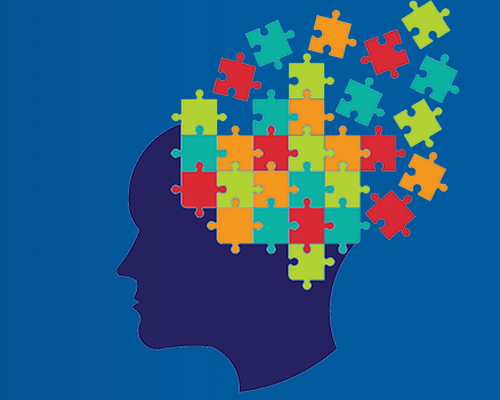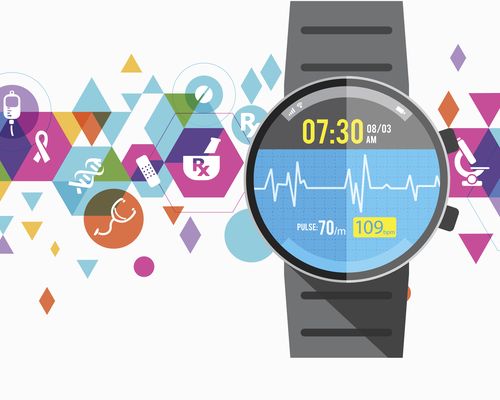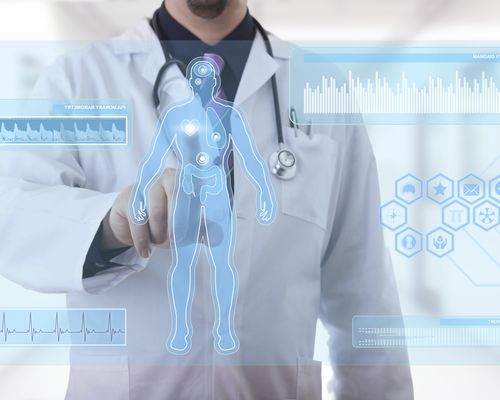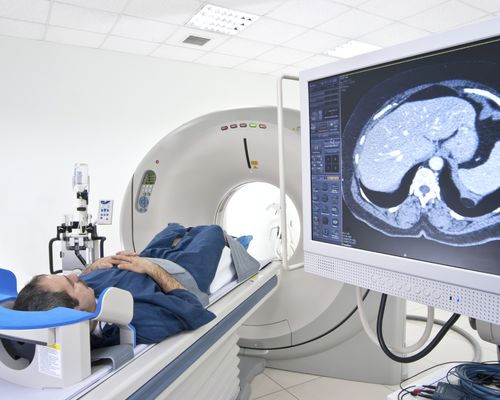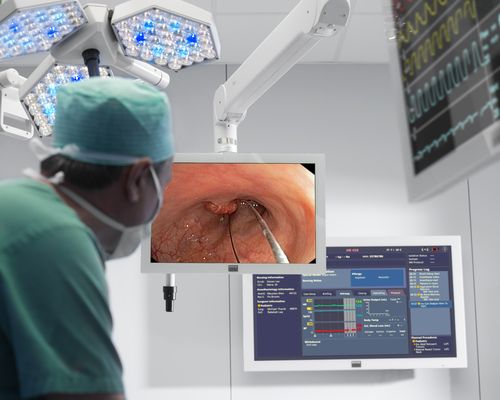
ITEA Challenge
Smart Health
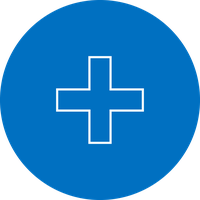
Introduction
Smart sports, smart foods, smart hospitals … there is a seemingly unending trend evident today as health and a healthy lifestyle have become paramount to keeping the healthcare system affordable and manageable. 'Smart' has become imperative in dealing with an ever-growing proportion of elderly people, increasing obesity and a doubling in the number of diabetic patients. How can Software Innovation help tackle the issues? Some of the answers lie in our ITEA projects. Global economic growth will see increased spending on health related services; in developed countries chronic diseases continue to increase and in developing countries a larger number of people will gain access to healthcare and more awareness of the healthcare options available to them. An ageing population will increase demand for healthcare as staffing capacity declines and lead to a greater need for software and embedded systems in healthcare support.
Some facts and figures
- Across all the countries in our survey, more than 75% of respondents would like to use digital healthcare services, as long as those services meet their needs and provide the level of quality they expect. [14]
- Older patients (those over 50) want digital healthcare services nearly as much as their younger counterparts. More than 70% of all older patients in the United Kingdom and Germany want to use digital healthcare services; in Singapore, that number is even higher. [14]
- Poor access to healthcare currently affects one billion people, especially in developing countries where an extensive hospital/doctor network is hardly feasible: Nigeria, for example, would require 12 times as many doctors by 2030 as today's number just to reach OECD standards. Instead, this gap needs to be narrowed with innovative medical technologies allowing for remote medical analysis, diagnosis and, ultimately, treatment advice. [15]
- As of July 2017, Spotify, the music streaming service originally founded in 2006 in Sweden, had 60 million paying subscribers worldwide, up from 30 million paying subscribers in March 2016. The number of active users (including free subscriptions) is even 140 million worldwide [11]. Music-streaming apps like Spotify create communities of users who share experiences, likes and dislikes.
- 63% of all deaths worldwide are caused by chronic diseases. Innovative companies should align their R&D portfolio accordingly and create innovations such as artificial organs or customised, 3D printed implants for individuals living in countries with a higher-level health system. [15]
- The number of fatalities caused by preventable medical error in the United States alone is the equivalent of two jumbo jets falling out of the sky every day [16]. This shows a lot can be improved in hospital management.
- A key topic for elderly people regarding their health is to keep them connected to society; having a social life, volunteering, prevention. Smart community tools can be used to work in this direction. [17]
Imagine …
Imagine a hospital where you do not have to wait during multiple visits. Where your privacy and security are
secured
when doctors or health insurers share the data generated by wireless sensors to a computer that analyses
your state
of health, diagnoses problems and suggests a course of action. Where diagnosis by your doctor, specialist,
clinic or
hospital leads to personalised treatment, reducing your time spent in hospital and accelerating your
recovery.
Imagine a healthcare system that is more affordable, more customised, more effective, more comfortable, less
painful. Where surgeons boldly go where no surgeon has gone before and the hardware tools are given a
beating
software heart. Where anxiety and risk are minimised and where health is a means to life not a goal in
itself.
Imagine what is possible when we dare to dream, when we reach for the stars in a galaxy full of
opportunities
…
References
[14] Healthcare's
Digital future. McKinsey Global Institute article (S. Biesdorf and F. Niedermann), July 2014.
[15] Roland
Berger Trend Compendium 2030 – Megatrend 5: dynamic technology and innovation. Roland Berger
Strategy
consultants, March 2017.
[16] Black box thinking: why most people never learn from their mistakes – but some do.
Matthew Syed,
November 2015.
[17] International
customer & enduser workshop on Smart Health – results report. ITEA, July 2016.

Projects related to the challenge Smart Health





DiSCo
Digital Assessment and Intervention for Social and Cognitive Dysfunction in Brain Disorders





CHS-Care
Integrated Platform for the Provision of Health and Social Care in the Community







PHRESH
Patient Health Response in Emergent and Secure Habitats for Connected Healthcare




IWISH
Intelligent Workflow optimization and Intuitive System interaction in Healthcare





MediSpeech
Improved efficiency in automated medical reporting to enhance doctor and patient experience



PROFIT
PRocedure Optimization and data-driven eFficiency Improvement in healthcare environmenTs.






TREAT
Transforming Healthcare Through Semantic Interoperability & Patient Self-Efficacy




ASSIST
Automation, Surgery Support and Intuitive 3D visualization to optimize workflow in IGT SysTems




SIGNET
Sensing and Image-Guided Neurological therapies, cardiac Electrophysiology and Tumour treatments





Secur-e-Health
Privacy preserving cross-organizational data analysis in the healthcare sector






INNO4HEALTH
Stimulate continuous monitoring in personal and physical health





Food Friend
Autonomous and easy-to-use tool for monitoring of personal food intake and personalised feedback



IMPACT
Intelligence based iMprovement of Personalized treatment And Clinical workflow supporT




PARTNER
Patient-care Advancement with Responsive Technologies aNd Engagement togetheR




Personal Health Empowerment
Empowering people to monitor and improve their health using personal data and digital coaching




EmoSpaces
Enhanced Affective Wellbeing based on Emotion Technologies for adapting IoT spaces




BENEFIT
Better Effectiveness aNd EFficiency by measuring and modelling of Interventional Therapy



SoRTS
System of Real-Time Systems





MoSHCA
My Mobile and Smart Health Care Assistant


ACOUSTICS
Acoustic wave application for the analysis of the quality & safety of porous food & non-food matrice




MEDIATE
Patient Friendly Medical Intervention





